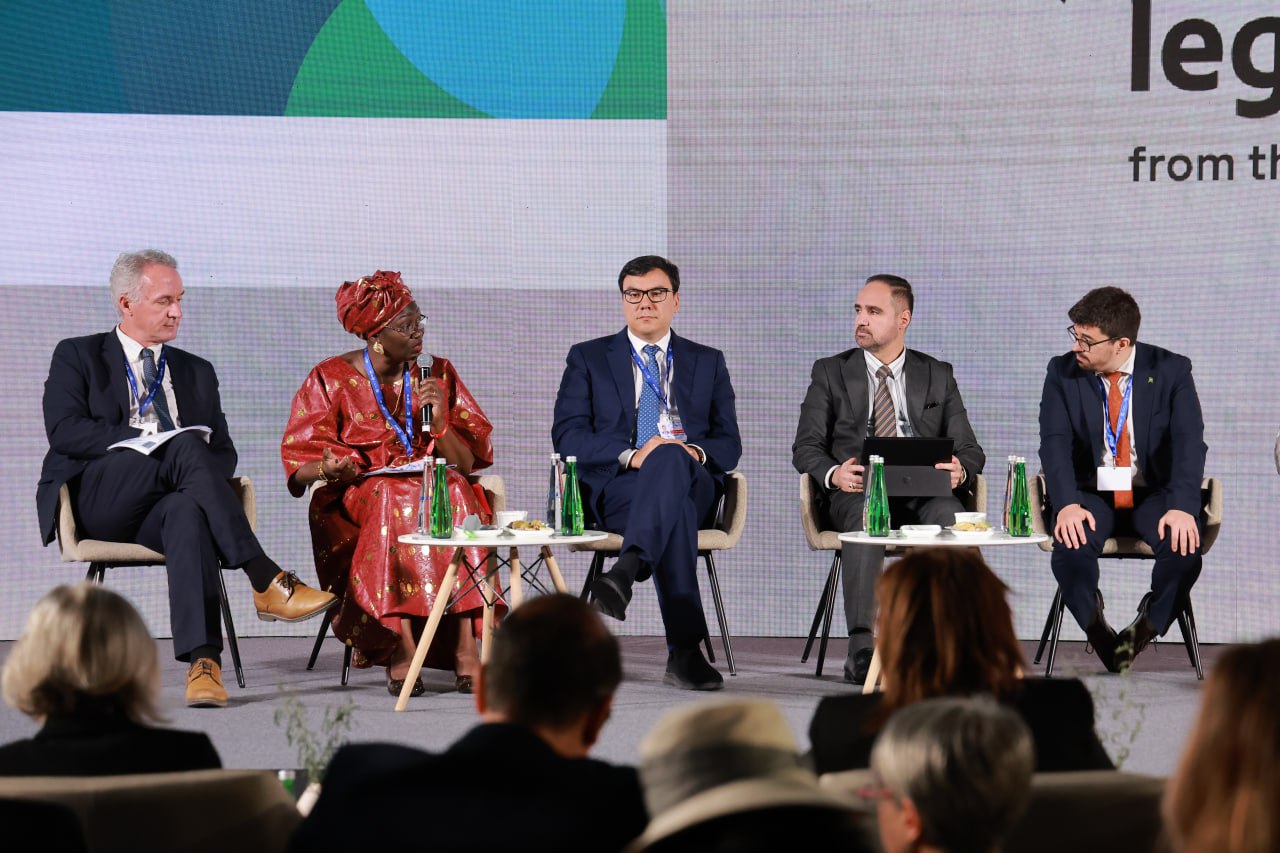
Within the framework of the 28th Conference of the Parties to the United Nations Framework Convention on Climate Change (COP28) in the United Arab Emirates, the UNESCO organized the first annual high-level session. The event was attended by Princess Lalla Hasnaa of Morocco, UNESCO Assistant Director-General for Education Stefania Giannini, Diana Urge-Vorsatz of the Intergovernmental Panel on Climate Change (IPCC), UNICEF representative Robert Jenkins, and other prominent leaders and representatives from non-governmental organizations. It is worth noting that the Minister of Ecology, Environmental Protection, and Climate Change of the Republic of Uzbekistan, Aziz Abdukhakimov, was also invited to the high-level event. This demonstrates that the reforms and positive changes implemented in the field of environmental education in our country are recognized by the global community.
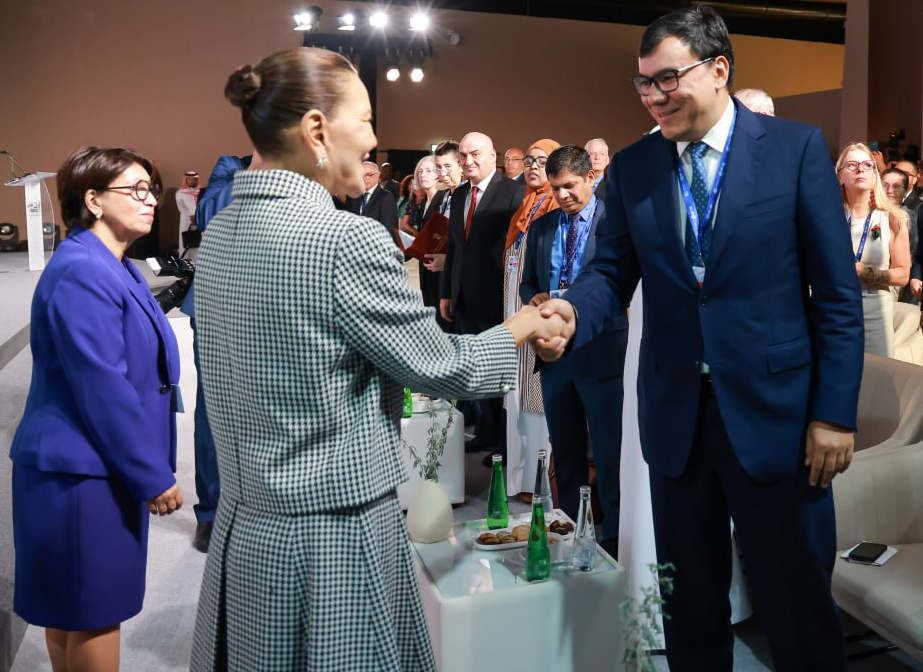
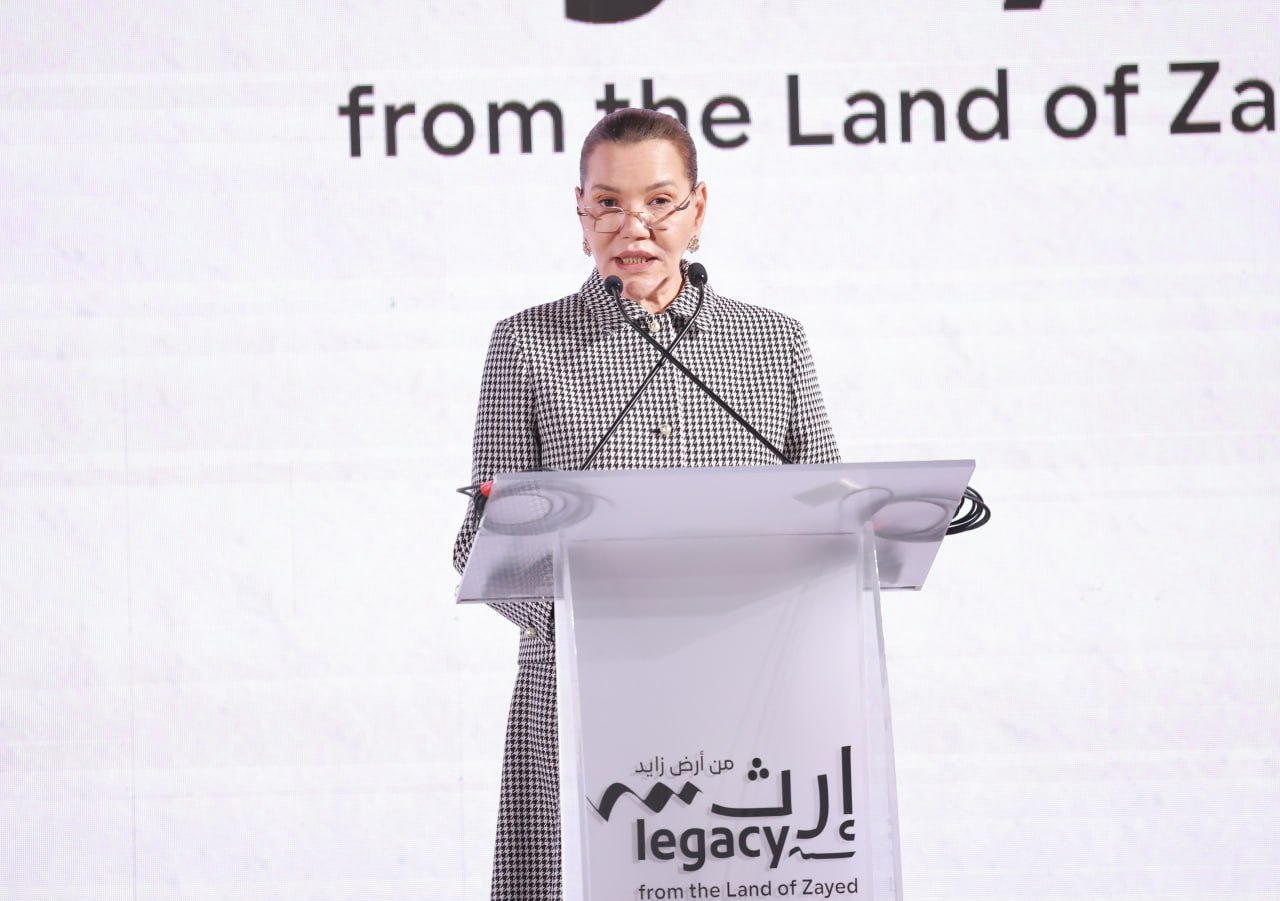
Speaking at the event, the Minister of Ecology, Environmental Protection, and Climate Change of the Republic of Uzbekistan, Aziz Abdukhakimov, highlighted the country's achievements in aligning national legislation with global standards of environmental education.
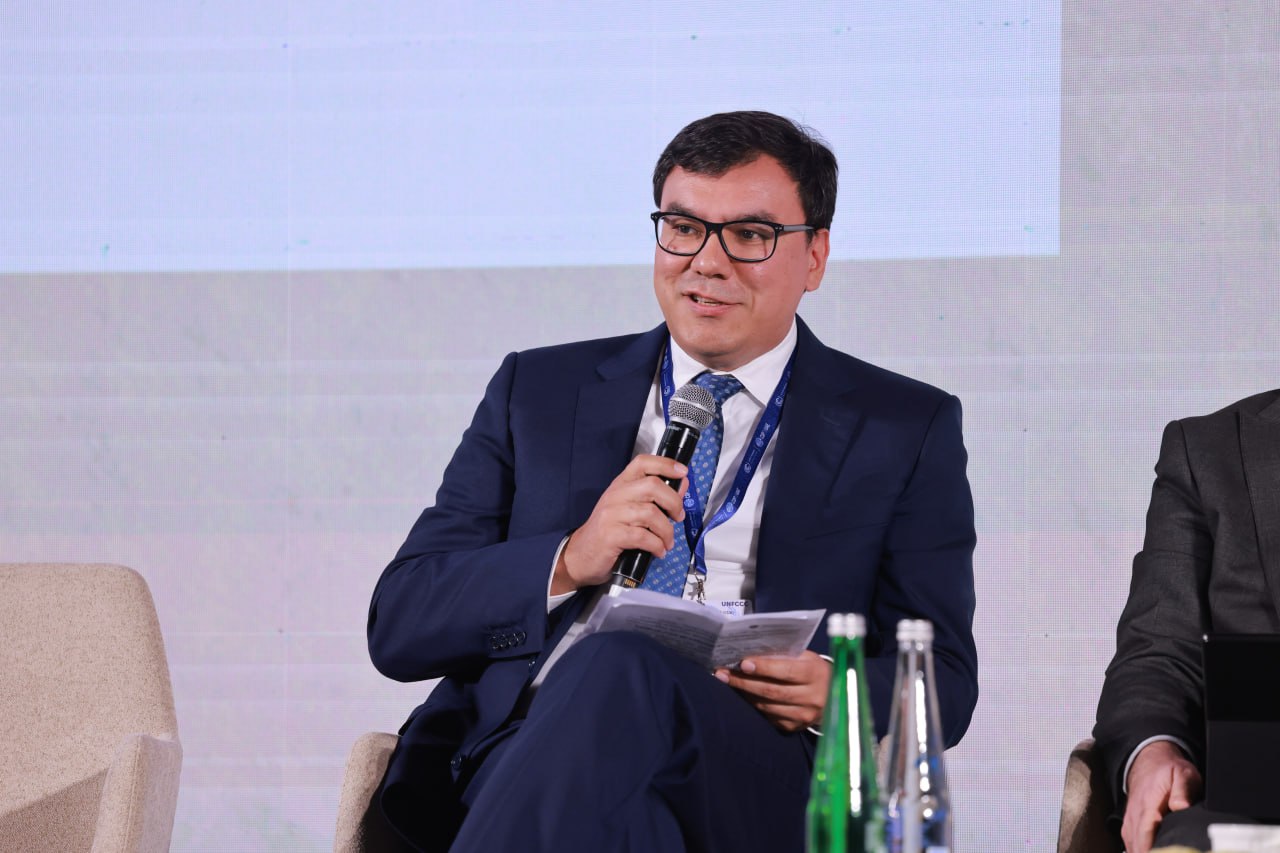
"Uzbekistan seeks to further strengthen international cooperation in the field of 'green' education. We are committed to our position in this regard and will continue to make a worthy contribution to the regional strategy," the minister said.
The event highlighted the extensive work being done in Uzbekistan to engage youth in addressing climate issues and creating sustainable school infrastructure. In particular, the success of the "Eco-Schools" project was noted.
"The commitment of Uzbekistan to environmental education is further confirmed by the establishment of the Central Asia Green University - a regional project focused on environmental challenges," Abdukhakimov noted.
The minister also discussed upcoming global environmental events organized by Uzbekistan, including the 14th Meeting of the Conference of the Parties to the Convention on the Conservation of Migratory Species of Wild Animals (CMS COP 14) and the UNESCO General Assembly.
During the session, A.Abdukhakimov discussed Uzbekistan's commitment to the further development of environmental education in the country with Stefania Giannini. The minister also expressed interest in collaborating with international partners within the Greening Education Partnership (GEP) program, emphasizing Uzbekistan's desire to transform education and raise environmental awareness at the global level.
It is worth noting that the global education system faces a serious challenge in integrating climate change education into curricula. Despite the urgency of the climate crisis, recent UNESCO research shows that about half of the 100 surveyed countries do not mention climate change in their national education systems.
Furthermore, while most teachers recognize the importance of teaching climate change issues, less than 30% feel prepared to discuss this topic in the context of their local conditions. This gap has resulted in the majority of young people not fully understanding or being able to explain climate change, leading to feelings of fear and uncertainty about the future.
Recognizing the critical role of education in addressing the issue of climate change, international efforts play a significant role. The first-ever ministerial session on climate change and education at COP26 in Glasgow, Scotland, was a significant step where 27 countries committed to strengthening cross-sectoral cooperation in climate action. This was further emphasized at COP27 in Sharm El-Sheikh, Egypt, where a key moment was the inclusion of climate change education in core curricula by 2025.
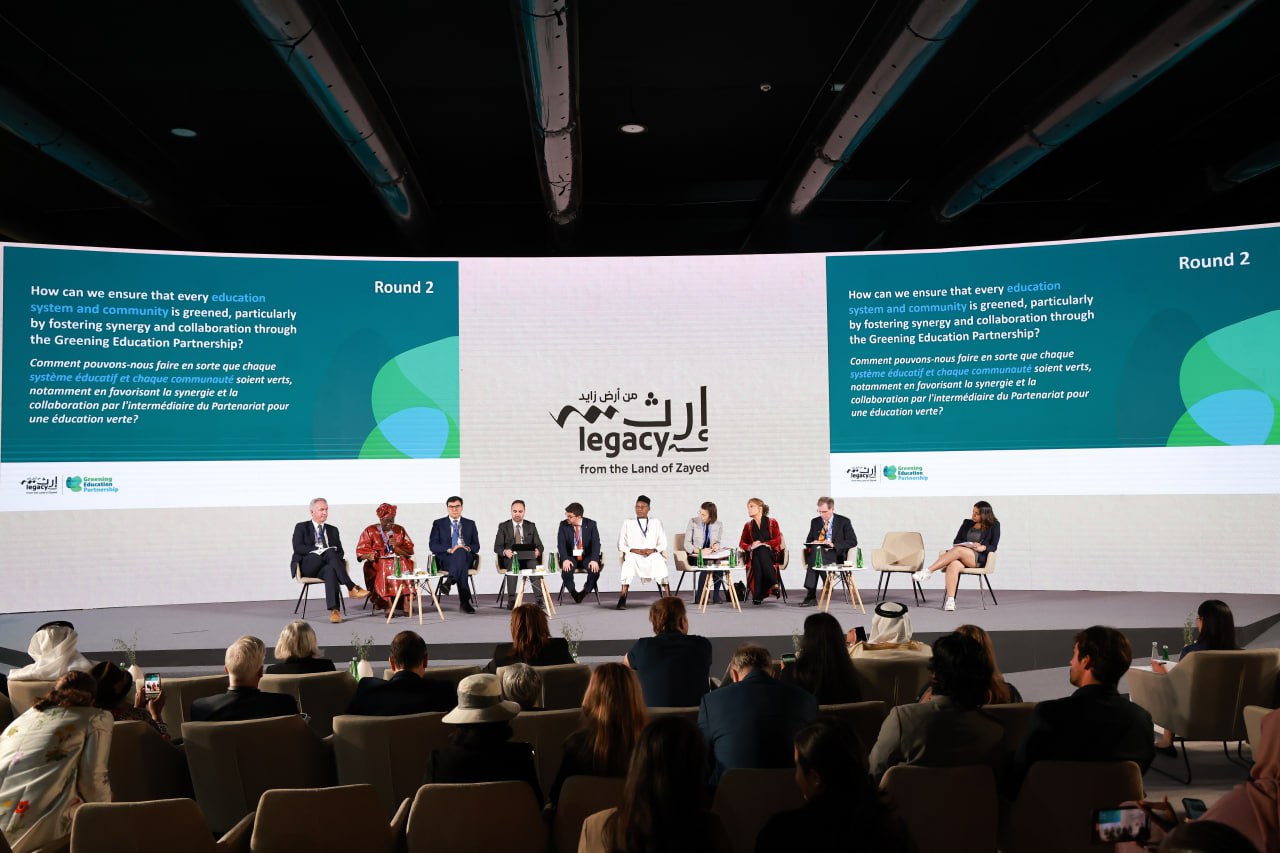
For information: The Greening Education Partnership (GEP), launched in response to the Youth Declaration at the UN Summit on Education Transformation, is a joint platform aimed at preparing every student for climate challenges. It focuses on four key areas: greening schools, curricula, teacher training, and community education. With over 82 member states and 1,100 partners, GEP is rapidly gaining recognition as a driving force for education transformation at the global and national levels











